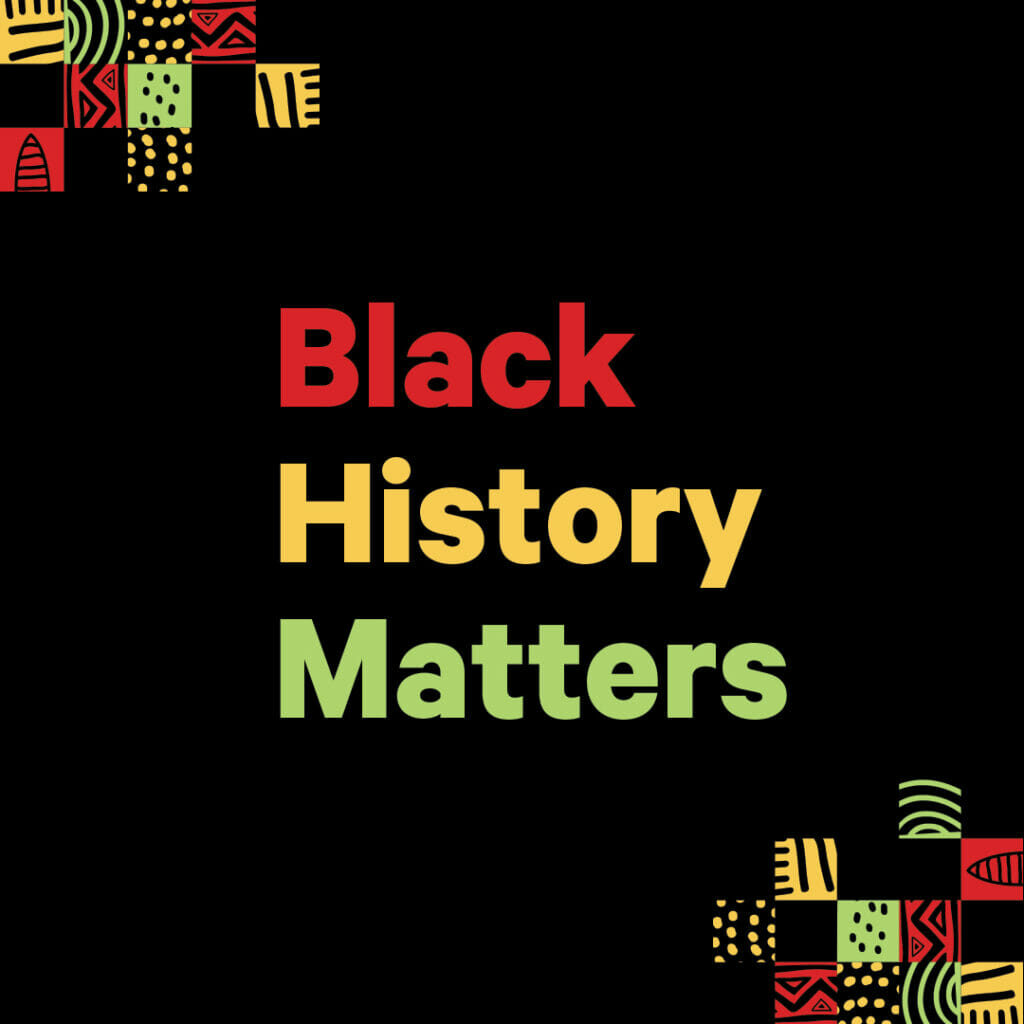
Celebrating Black History Month online
Halifax Public Libraries offering innovative programs

Black History Month events are now happening at the Halifax Public Libraries, but this year people don’t have to live in Halifax to attend.
Due to COVID-19 this year’s programming, called African Heritage Month, has shifted to an online setting.
Hopefully, this means events will be attended by a broader audience than would usually be possible, said Crystal Mulder, the branch supervisor at Dartmouth North Public Library. Mulder is also co-chair of the Black History Month Association, a society that focuses on the popularization and advancement of African Heritage Month in Dartmouth and Halifax, N.S., and who work with the library to plan the annual month of events.
Mulder said the digital shift brought on by COVID-19 will allow people to tune into the library’s celebrations from across the country and allow Nova Scotians to attend other events happening out of province.
“It’s sort of the great equalizer,” Mulder said, which “allows the African Canadian community to meet together in one big celebration this year.”
A month of learning and sharing
The theme of African Heritage Month in Nova Scotia this year is Black history matters: Listen, learn, share and act.
Mulder hopes this theme will carry through the library’s programming.
“Black history matters,” she said. “It matters because people are listening, people are learning, people are sharing what they’re learning and sharing their knowledge, and then they’re acting on that knowledge, that is how we want the month to go.”
The library is offering people the opportunity to listen, learn and act in various ways this month, as their programming ranges widely from facilitated discussions to art workshops and cooking classes.
Haiti Tynes, a local illustrator holding an art workshop for teens, says the library’s programming offers people an opportunity to experience something that’s been hard to find during COVID-19.
“Definitely now, people are feeling really lonely, and I think finding community in that loneliness, I think that brings people together,” they said.
This message was echoed on the opening night of African Heritage Month at the library in 13-year-old poet Damini Awoyiga’s performance of an original work, “Together We Stand.”
“Binding together as communities of African descent, this is where we’ve lived,” Awoyiga said in her performance, asking people to come together to fight inequality.
One of this year’s events will explore the history of those communities of African descent in Nova Scotia.
Allister Barton, the medical education coordinator at Dalhousie University’s department of family medicine, is presenting his findings on Black genealogy in Nova Scotia.
The aim of Barton’s event is to try to “celebrate and acknowledge those who stayed here,” rather than just those who became well known outside the province, he says.
Barton’s presentation connects the personal stories of his ancestors to significant historical events, ranging across “enslavement, running from slavery, the American Revolution and the forced migration into this province,” he said.
Barton said he would like to see the community and province embrace lesser-known stories of Black Nova Scotians such as the Black pioneers, a militia responsible for building communities like the town of Shelburne. Theirs “is a signature story that doesn’t get the popularity or the attention or the celebration [it deserves],” he said.
Barton said Black history should be synonymous with more locations in Nova Scotia.
“When you hit Digby, what comes to mind?” he said. Barton went on to say Black Nova Scotians have been in Digby since 1783, though many people visiting the town may not know this history.
By sharing stories of his ancestors that were originally lost, “others might hopefully be able to do [this] too, by simply finding a document that exists on an ancestor,” Barton said, “and telling a story about that document.”
Different platform, same message
Through the hard work of the Black History Month Association, library staff, and the magic of YouTube and Zoom, the transition to an online experience has been smooth, Mulder says.
There were some delays in the initial planning, but “once we made that decision that we were going to move online, it was a very seamless transition,” said Mulder.
Having “been doing this 37 years, the formula is already in place,” said Mulder, “it’s just a matter of taking that and figuring out how it works with an online platform,” she said.
After the experience of virtual events, Mulder said other event organizers shouldn’t be discouraged by moving to the digital realm.
“Don’t change [your event] because the platform requires it,” said Mulder. “Keep true to your message. It doesn’t matter how you get your message out, just keep true to it.”
Some presenters have been putting in extra effort to ensure they are a success. Tynes has been researching and taking notes on other online workshops: “I’m hoping it will be fun,” she said.






